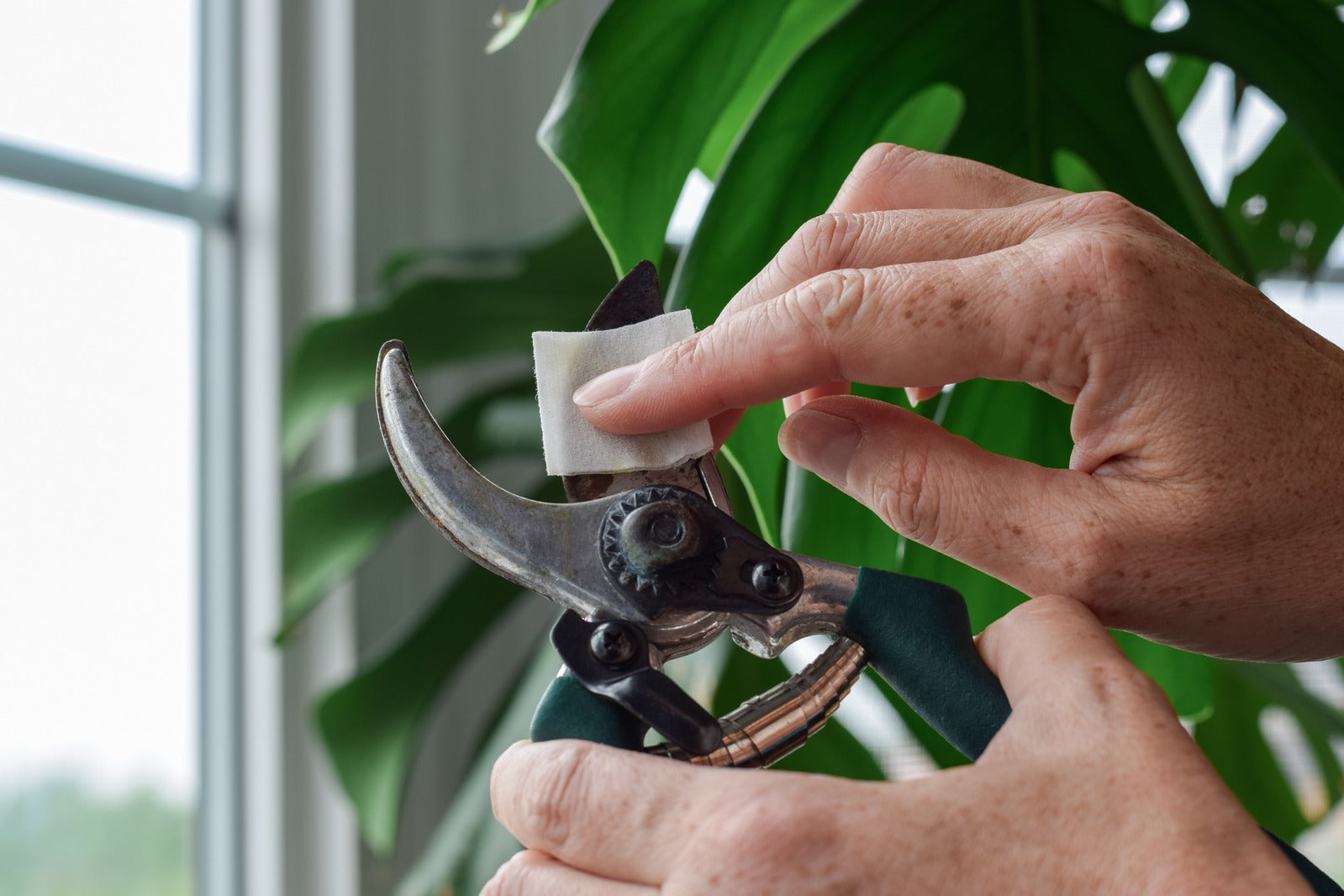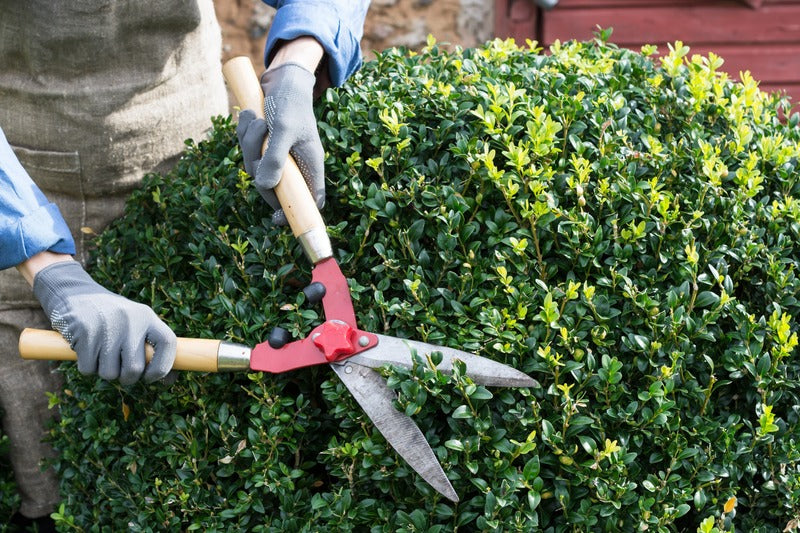
Care & Maintenance: Keep Your Tools Sharp Longer
Sharpening is Half the Battle, Maintenance is the Rest
Getting your blades professionally sharpened gives them a new edge, but how you care for them afterward determines how long that edge lasts.
At Mister Minit, we don’t just sharpen tools. We help you get the most out of them between visits. With just a little maintenance, you can extend the life of your blades, improve their performance, and reduce the need for frequent sharpening.
Here’s how to keep your tools razor-sharp, rust-free, and ready to go.
Kitchen Knives
Daily-use knives need regular attention to stay at their best.
Care Routine:
- Hone your knives every few uses with a honing rod to keep the edge aligned
- Wash by hand, not in the dishwasher — heat and detergent dull blades faster
- Dry immediately after washing to prevent corrosion
- Store safely in a knife block, blade guard, or magnetic strip
Avoid:
- Using glass, stone, or ceramic cutting boards (opt for wood or plastic)
- Storing loose in a drawer where edges get knocked around
- Using knives to pry, crush, or cut hard bones (unless rated for it)
Garden Tools
Outdoor tools are exposed to the elements and need protection to perform well and last longer.
Care Routine:
- Clean after each use, especially when cutting sappy branches
- Dry thoroughly before storing
- Oil blades and pivot joints regularly with light machine oil or WD-40
- Sharpen seasonally, especially before and after heavy gardening periods
Avoid:
- Leaving tools outside exposed to rain or damp
- Cutting branches thicker than the tool’s rating
- Using blunt tools, this increases effort and damages plant tissue
Pro Tip: Keep a rag and small brush in your shed for quick post-use cleaning. It takes 60 seconds and can double the life of your blades.

Scissors & Clippers
Precision tools need precision care, especially for salons, groomers, and home users who rely on clean, accurate cuts.
Care Routine:
- Clean cutting grooves after every few uses (a soft brush or cloth works best)
- Lubricate the pivot point with a drop of scissor oil
- Store with blades closed, ideally in a pouch or dedicated holder
- Check tension regularly and have it adjusted during sharpening
Avoid:
- Dropping scissors, even one fall can knock the blade out of alignment
- Using on inappropriate materials (e.g. fabric scissors on paper, grooming scissors on wire)
- Letting hair, fur, or debris build up in clipper blades
Blade Longevity Do’s & Don’ts
|
Do |
Don’t |
|
Hone kitchen knives every few uses |
Put sharp blades in the dishwasher |
|
Wipe down garden tools after use |
Leave tools outdoors overnight |
|
Oil pivots and hinges monthly |
Force tools through tough material |
|
Store blades properly |
Toss tools in drawers or buckets |
|
Clean clipper/scissor grooves often |
Ignore signs of dullness or snagging |
|
Sharpen regularly, not reactively |
Wait until blades are completely blunt |
How Often Should You Sharpen? It depends on usage, but here’s a general guide:
|
Tool Type |
Sharpening Frequency |
|
Kitchen knives |
Every 3–6 months |
|
Garden tools |
Every season or 6–12 months |
|
Clippers |
Every 50–100 grooms |
|
Chisels/scrapers |
After major projects or 6-monthly |
Not sure? We’ll check your tool’s condition free of charge — just drop in.
Keep Your Edge With Mister Minit
Regular sharpening + smart maintenance = tools that perform better, last longer, and feel better in your hands.
Need advice? Bring your tool in for a free care check
Find Your Nearest Store



